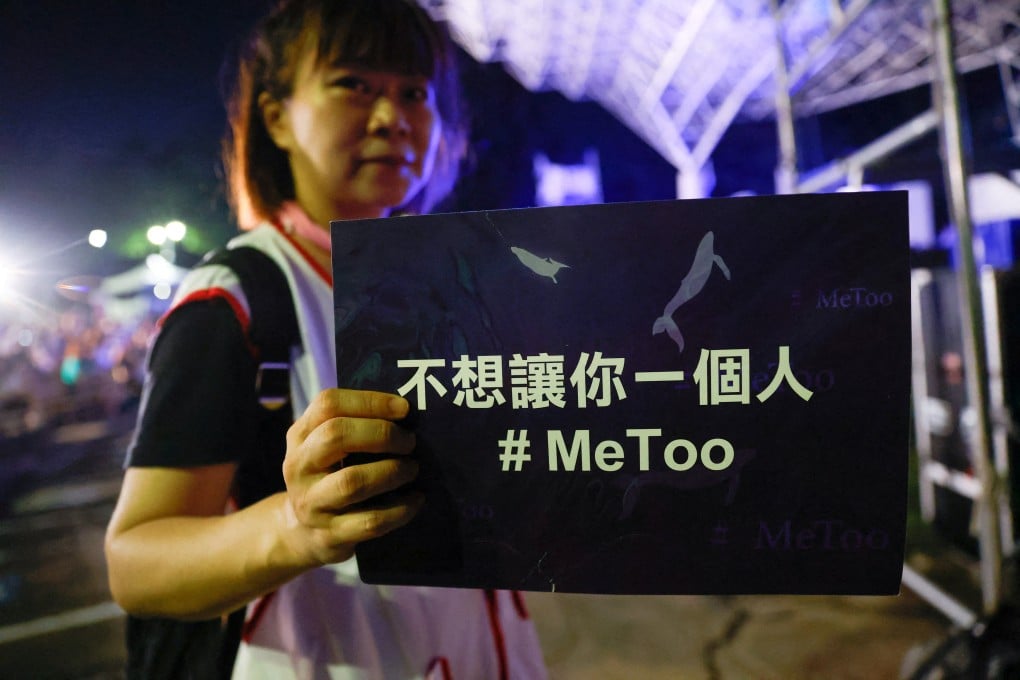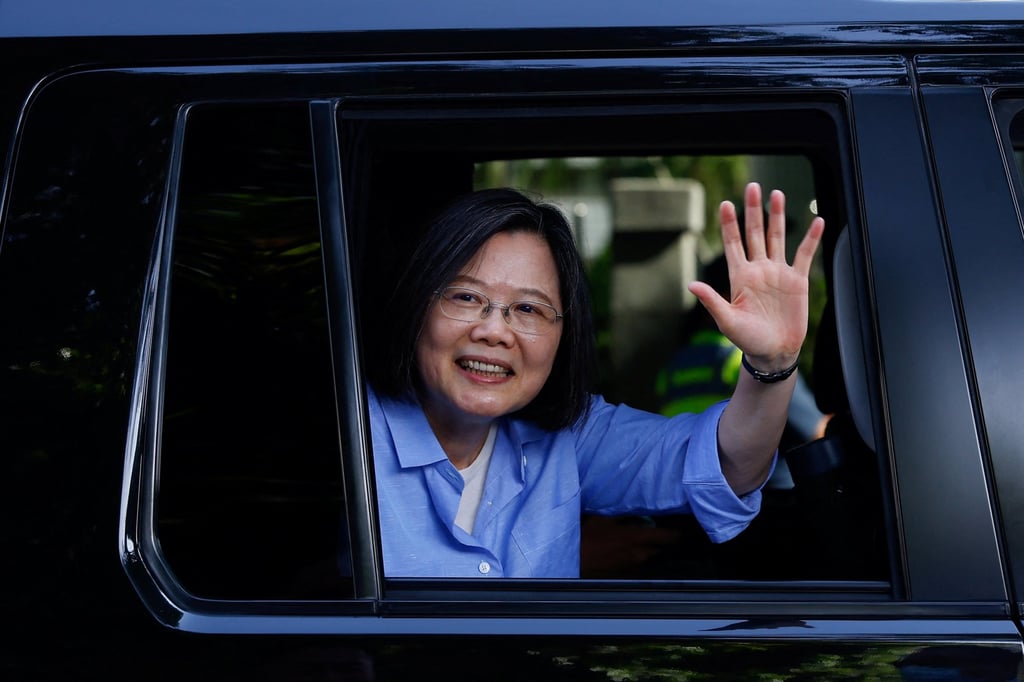Taiwan toughens penalties for sexual harassment after wave of #MeToo allegations
- Maximum jail term and fine have been increased and victims have more time to make a complaint under revised laws
- It follows a series of claims against high-profile figures since late May that have rocked the island’s ruling party

The maximum jail term has been increased from two to three years, while the top fine has been doubled to NT$1 million (US$32,000). Victims also have more time to file a complaint – seven years instead of three.
They are among revisions to the Sexual Harassment Prevention Act and the Gender Equality in Employment Act that were passed by the legislature in Taipei on Monday.

Under the revised laws, immediate action – such as an investigation – must be taken by superiors, supervisors or managers of any organisation to handle harassment complaints made by colleagues and staff. Failure to do so will be subject to a fine of NT$20,000 to NT$1 million.
Any organisation with a staff of 10 to 29 must set up a complaint system to deal with sexual harassment allegations, as was already required for those with more than 30 employees.
But complaints will not be accepted for cases dating back 10 years or more.
The legislation also bars media outlets, individuals or groups from revealing the personal data of victims. A fine of up to NT$600,000 applies for doing so.